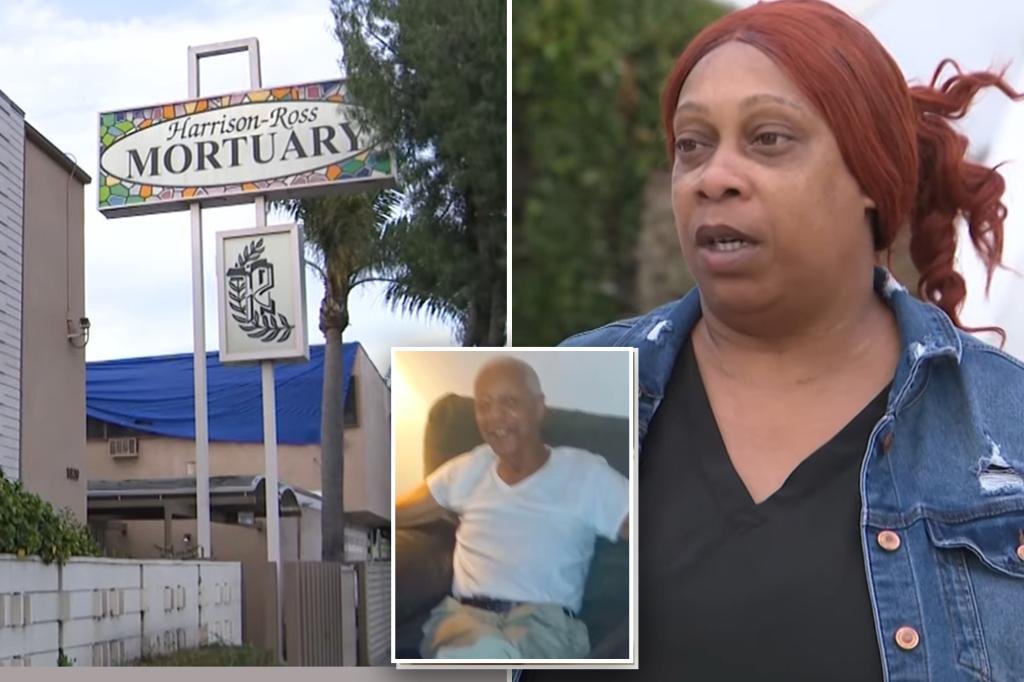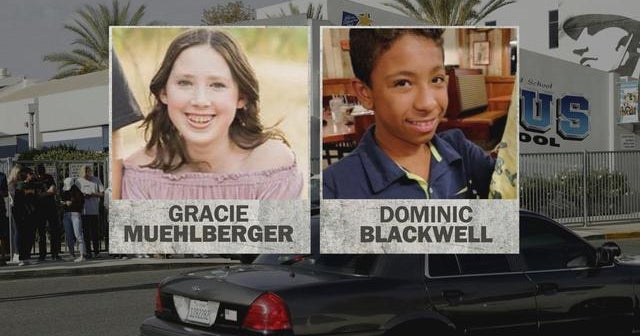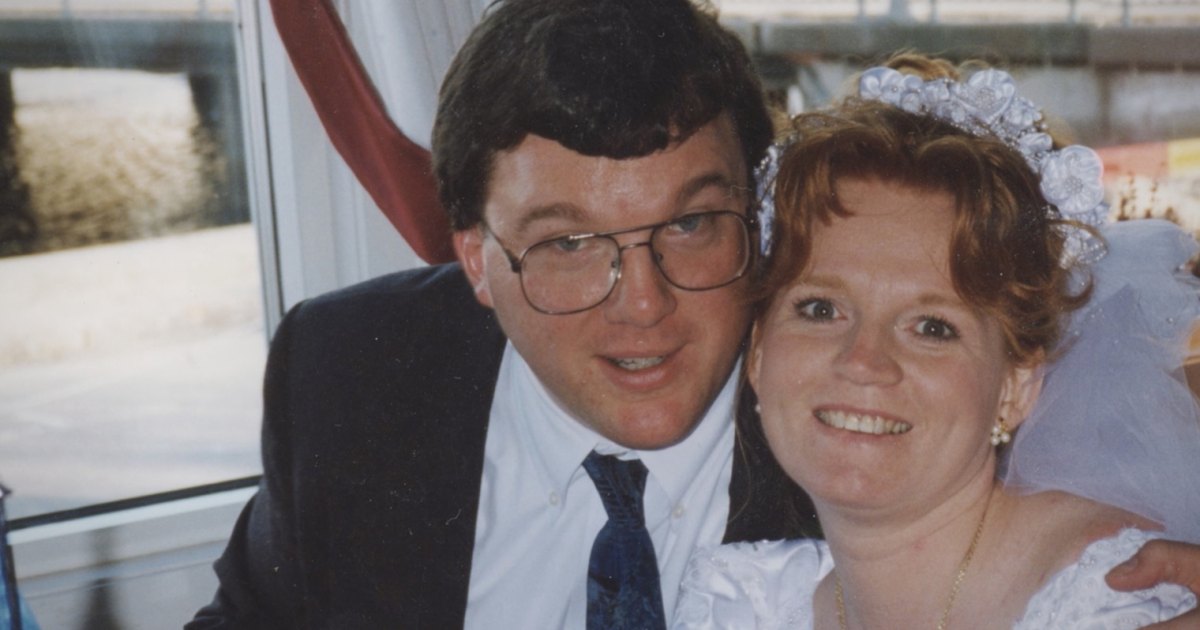Disturbing Mix-Up: Family Confronts Funeral Home Over Misidentified Body
A grieving family is suing a Michigan funeral home after staff allegedly placed the wrong man in their loved one’s casket during a viewing—then blamed the relatives for the mistake. The incident occurred in February 2024 at Riley Funeral Home in Detroit, where 78-year-old Charles Johnson’s family discovered a stranger dressed in their father’s suit during visitation. The shocking error has sparked outrage and renewed scrutiny of mortuary industry standards.
Anatomy of a Funeral Home’s Fatal Mistake
According to court documents filed in Wayne County Circuit Court, the Johnson family immediately noticed discrepancies in the body’s appearance but were told by staff they were “misremembering” their patriarch’s features. Only after insisting on seeing identification tags did employees admit the error—after the family had held a 90-minute visitation with a stranger.
“This wasn’t just negligence—it was psychological torture,” said attorney Miriam Castillo, representing the Johnsons. “To be told you don’t recognize your own father while mourning compounds the trauma exponentially.”
The lawsuit reveals three critical failures:
- Improper chain-of-custody documentation between the hospital and funeral home
- Failure to verify identity using standard toe tag protocols
- Defensive response when family raised concerns
Systemic Issues in Mortuary Services
This case reflects broader concerns in the $20 billion funeral industry. A 2023 National Funeral Directors Association (NFDA) study found:
- 1 in 400 funeral homes receive complaints about misidentification annually
- Only 28% of states require fingerprint verification for unidentified remains
- 62% of morticians admit to feeling “rushed” during preparation procedures
“The pressure to expedite viewings for financial reasons creates perfect conditions for errors,” explains Dr. Ellen Briggs, thanatology researcher at Columbia University. “Funeral homes average 2.4 days between receipt and service—half the time they allocated two decades ago.”
The Human Cost of Bureaucratic Failure
For the Johnson family, the emotional fallout has been devastating. Daughter Teresa Johnson described waking with nightmares of “that stranger’s face where Dad’s should have been.” The family ultimately held a second, closed-casket service after correctly receiving their father’s remains—but the damage was done.
“We’ll never get that final moment of peace back,” Teresa told reporters. “How do you mourn when you can’t trust the professionals handling your loved one?”
Funeral director Mark Williams, unaffiliated with the case, offers perspective: “Proper ID verification takes less than three minutes. There’s no excuse for skipping steps that families rely on during their most vulnerable moments.”
Regulatory Gaps and Industry Response
Michigan’s licensing bureau reports receiving 14 complaints about body misidentification since 2020, with only two resulting in disciplinary action. Current state law doesn’t mandate specific identification protocols beyond basic paperwork.
The NFDA has since issued new guidance in response to this case:
- Triple-point verification (tags, photos, and biometrics when available)
- Family identification sessions before viewings
- Standardized apology protocols for errors
Meanwhile, Riley Funeral Home maintains its staff followed “industry-standard procedures” and suggests lighting conditions may have contributed to the confusion—a claim the Johnson family vehemently denies.
Preventing Future Funeral Home Tragedies
Legal experts predict this lawsuit could set precedent for emotional distress claims in mortuary cases. The Johnsons are seeking $2.5 million in damages, with their attorney noting: “No amount compensates for stolen closure, but penalties must incentivize change.”
For consumers, experts recommend:
- Requesting identification verification in writing
- Asking about staff-to-case ratios
- Checking state complaint records before selecting providers
As the case progresses through Michigan’s courts, it serves as a grim reminder of funeral industry vulnerabilities. For families already navigating grief, the added burden of institutional mistrust creates wounds that may never fully heal.
Families affected by similar incidents can contact the Funeral Consumers Alliance for support and advocacy resources.
See more CNN Headline



